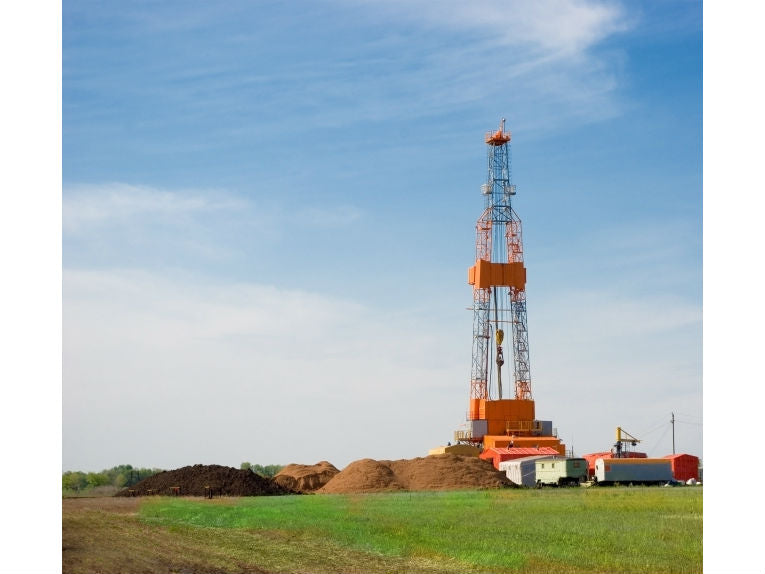The reverberations from Friday's earthquake, near Blackpool in the UK, look set to travel further than the confines of the Poulton-le-Fylde village - whose residents were shaken by a second tremor within 2 months. Both earthquakes, although relatively minor in strength, have now been firmly pinned on the nearby fracking operations. They are the first in the UK to prospect for shale gas. The company operating the controversial site, Cuadrilla Resource, has now suspended operations.
Fracking, a term short for hydraulic fracturing, is a drilling technique for squeezing out gas that is held tight in buried shale beds. Already a big point of contention in the US - where drinking water contamination, waste spills, and, yes, earthquakes, have led to fracking being suspended in many locations - the UK parliament recently gave fracking its stamp of approval.
Much concern around hydraulic fracturing has focused on the issues of contamination and pollution - but the earthquake risk is a well recognized, and often felt, consequence of fracking too. In Arkansas, 2 wells involved in injecting waste water from fracking were suspended after the area experienced more than 400 earthquakes, culminating in a 4.7 magnitude quake that shook buildings.
The earthquake risk from fracking arises because the process involves a deliberate reopening of fractures in buried rocks, which are already under stress. The idea is that, if these fractures are opened up, the gas that is held in the muddy shales can escape - and so be pumped out back to the surface. The fractures are prised open by the pumping of vast quantities of high pressure fluids into the well, which are then held open by 'proppants' - usually grains of sand.
That opening up of the fissure system causes thousands of mini tremors - or 'micro-earthquakes' - which are less than 1 on the Richter scale of earthquakes, and so won't normally be felt at the surface. But inevitably, the opening up these beds changes the stress loads felt by the shale beds, and by the rocks above and below them.
It is this which may cause the small earthquakes so often reported around fracking sites, such as those in Blackpool. Although these are not often seriously damaging, they can cause distress to people nearby, and minor damage to buildings. And because they are closer to the surface than normal earthquakes, they can also be quite loud.
A major problem in working out how serious, and persistent, such fracking quakes will be lies with a poor understanding the subsurface - how are the layers of rocks, thousands of feet underground, bearing up to existing stresses; and how will they react to being put under hydraulic pressure.
That could be remedied by having detailed seismic monitoring of fracking sites, as the drilling and fracking progresses. Operators could then make sure the fractures are developing as intended. However, in the US, only 3% of the fracking wells drilled in 2009 took these precautions.
That is just one of the many safety considerations that need to be taken into account for existing and new fracking operations - whether in the UK, US or across the globe. But the bigger picture of shale gas needs addressing too. With worries that methane leaks can make shale gas even more damaging an energy source than coal - when it comes to climate change - the rumblings over this controversial fuel source look set to get louder.










